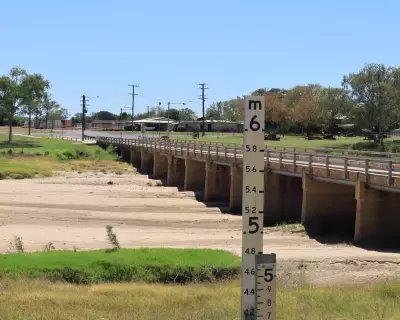
Australia's environmental protection laws are facing their most significant test in years, and according to experts and activists, they're failing spectacularly. The recent approval of Woodside Energy's massive gas project has ignited a firestorm of criticism, with environmental groups declaring the nation's safeguarding framework effectively broken.
A System Under Siege
The controversial decision to greenlight Woodside's operations comes despite overwhelming evidence of environmental risks and widespread public opposition. Conservation organisations argue this approval demonstrates how corporate interests are consistently prioritised over ecological protection.
"This isn't just another project approval—it's the smoking gun that proves our environmental laws aren't fit for purpose," stated a spokesperson for the Australian Conservation Foundation. "When a project with such clear environmental impacts can sail through approval processes, the system itself requires urgent overhaul."
The Growing Chorus of Criticism
Environmental lawyers and policy experts point to several critical failures in the current legislative framework:
- Inadequate assessment of cumulative climate impacts
- Limited consideration of alternative energy solutions
- Corporate lobbying influence on decision-making processes
- Insufficient community consultation requirements
Political Fallout and Public Response
The approval has triggered protests across major Australian cities, with demonstrators demanding immediate legislative reform. Social media campaigns have gained significant traction, putting additional pressure on policymakers to address what many are calling an environmental governance crisis.
"We're witnessing a fundamental disconnect between public expectation and political action," noted a University of Melbourne environmental policy researcher. "The community understands the urgency of the climate crisis, yet our laws continue to facilitate business-as-usual approaches to fossil fuel development."
The Path Forward
Environmental groups are now intensifying their calls for comprehensive legislative reform, demanding:
- Stronger climate trigger provisions in environmental assessments
- Independent oversight of major project approvals
- Mandatory consideration of climate commitments in all energy decisions
- Enhanced protection for vulnerable ecosystems and species
The Woodside approval has become more than just another environmental controversy—it has emerged as the defining case study for everything wrong with Australia's approach to environmental protection. As the nation grapples with increasing climate impacts, the pressure for meaningful legislative change has never been greater.





